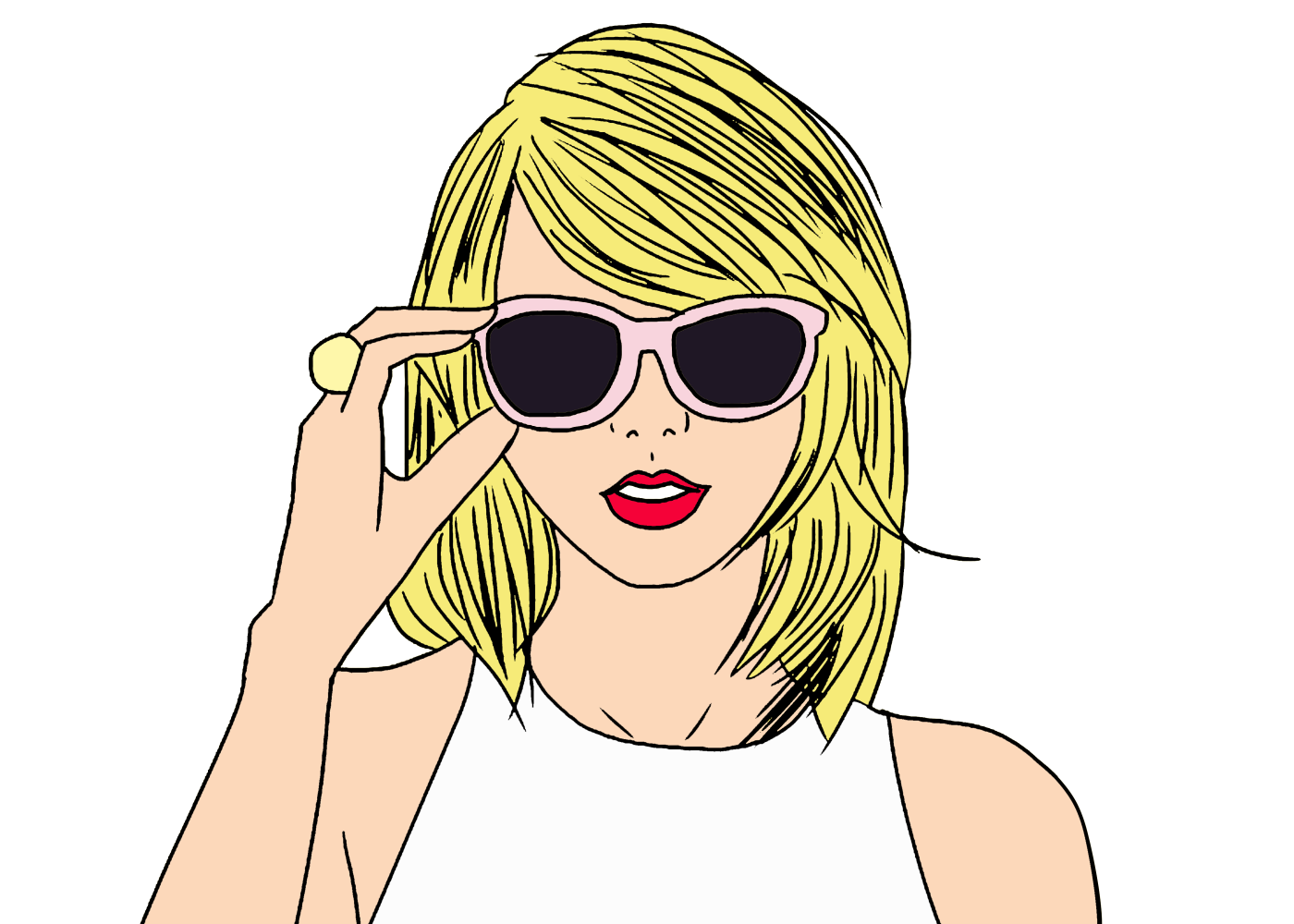Taylor Swift court case empowers victims seeking justice
August 31, 2017
For the majority of 2017, Taylor Swift managed to stay largely under the radar — an arduous task perhaps for one of America’s most prominent celebrities. But in August, Swift reentered the spotlight to battle radio host David Mueller in court.
The trial focused on events that transpired during a June 2013 meet-and-greet. Swift alleged that Mueller groped her during a photo opportunity by sliding his hand up her skirt and grabbing her butt. After the photo, Swift notified her mother and management team, the latter of whom then approached Mueller and escorted him out of the concert. Two days later, the radio station where Mueller worked terminated his employment, stating that he violated a “morality clause.” Mueller, in turn, sued Swift in September 2015, stating that her allegations prevented him from future business opportunities and cost him his job. He contended that Swift was mistaken, and that his hand touched her rib.
Swift, in turn, countersued in August 2017. The civil trial began with both Swift and Mueller testifying in court. Mueller’s attorney questioned Swift relentlessly for more than an hour, pushing her to admit that the story was false. He even informed her that if she was truly that bothered by his touch, she could have taken a break from the meet and greet.
But perhaps the most disturbing part of the cross examination was the fascination Mueller’s lawyer expressed in regards to why Swift didn’t immediately protest the incident when it occurred, a question that young women who have been assaulted often face. Swift reported that she had been on “autopilot” when it happened; she was “surprised, upset, offended and alarmed,” but she was scheduled to perform, so there was no time for her to adequately comprehend the event that had transpired. And besides, Mueller is an intimidating 6-foot-3, 200 pound, well respected DJ. Even a $280 billion dollar world-renowned celebrity could be too overwhelmed by that to speak up.
It’s alarming that even a celebrity of Swift’s stature struggled to substantiate the credibility of her story. She repeatedly testified that Mueller intentionally grabbed her butt and then “stayed latched onto [her] bare ass cheek.” The Denver Post reported that it might have been the highest recorded number of times the words “ass” and “cheek” were used in a courtroom. While a CNN article characterized Swift’s testimony as “snarky,” cultural critic Soraya McDonald described it as a “necessary arrogance.” For women who have been assaulted, all they have is their word, and they need to assert their truth.
Swift’s case perfectly illustrates one of the largest issues with sexual assault: the assailant rarely accepts the blame. Mueller’s attorneys essentially blamed Swift for problems that were directly caused by Mueller’s actions. Swift was not responsible for Mueller losing his job, for it was Mueller who made the decision to touch Swift inappropriately.
Hearing a beloved artist speak openly about sexual assault effectually makes the topic less taboo. Yet, it’s significant to remember that, while Swift’s fame and striking beauty lends her more advantages than most women, she faces the same obstacles as other assault victims who are compelled to address their past trauma in a courtroom. Perhaps her victory of a symbolic $1 in damages will inspire other women who have been assaulted to speak up and seek justice.






















Michele Durand • Aug 31, 2017 at 9:54 pm
Taylor Swift is definitely a woman of great honor and grace. While she fights for women everywhere, she clearly illustrates that this kind of assault on women will not be tolerated. She didn’t need that pig’s money. She succeeded in convincing a jury that he assaulted her. He has been labeled for what he is. Thanks for fighting for all of us, especially for those who have no voice.